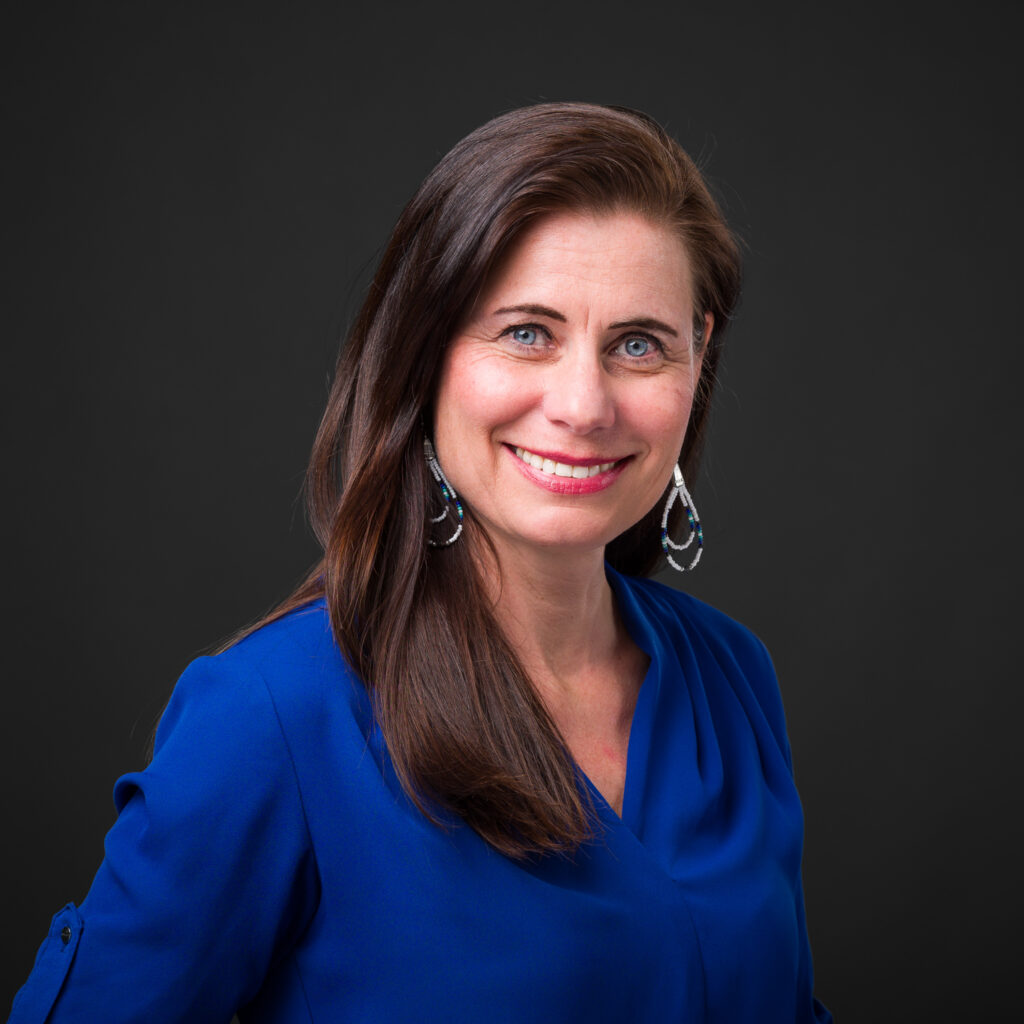
Kate Dunn has been appointed as an assistant professor and Indigenous scholar in York University's School of Nursing within the Faculty of Health. An Anishinaabe woman from northern Ontario, Dunn brings a wealth of experience and a unique perspective to the University, particularly through her work on liver wellness and hepatitis C elimination in Indigenous communities.

“Engaging young people – and especially Indigenous young people – in the process of curiosity, the treasure of learning from Elders and Knowledge Keepers, and the process of reshaping our current spaces to include wisdom seeking, a return to wellness perspectives, and connection to the land and a joyful, vibrant life is an incredible opportunity,” says Dunn, who holds a master’s in public health and a doctorate in social sciences with a focus on Indigenous health. Her research focuses on integrating Indigenous perspectives into health care, particularly in the context of liver wellness – a crucial issue given the rising rates of hepatitis C in Indigenous populations. This approach aligns well with York’s commitment to fostering Indigenous scholarship and addressing public health challenges.
Dunn’s research is part of the Ontario Hepatitis C Elimination Roadmap initiative, where she leads the Indigenous Working Group. This initiative is supported by the Ministry of Health and aligns with the World Health Organization’s goal of eliminating hepatitis C as a public health threat by 2030. Before joining York, Dunn led initiatives in Alberta aimed at increasing awareness and access to hepatitis C treatment among Indigenous communities.
Her research is deeply rooted in community engagement and collaboration with Indigenous Knowledge Holders. Her project, titled "Wisdom Seeking and Perspectives on Liver Wellness," involves working with community members to incorporate traditional health and wellness approaches into hepatitis C care pathways. “Connecting with Indigenous communities and building relationships, listening to experiences and perspectives related to liver wellness and hepatitis C,” she explains, is central to her approach. “Shaping health awareness approaches with 'wholistic' wellness in mind works to decrease stigma, remove shame and offer steps we can all take towards wellness.”
In addition to her academic pursuits, Dunn has co-created the film Wholistic Conversations on Liver Wellness: An Indigenous Perspective with First Nations and Métis community members in Alberta, which shares insightful conversations on wellness and highlights the importance of liver health through traditional culture and storytelling in health education. “We focused on the healing that comes from the land, from community, from our stories,” emphasizes Dunn, underscoring the collaborative nature of the work and its potential to inspire future generations.
